
Prolactin: What It Is, Function & Symptoms
Introduction
What Is Prolactin?
Prolactin is an important hormone that affects many bodily functions in both men and women. It’s produced in the pituitary gland which is located at the base of the brain and right behind the nose. In women, prolactin impacts things like breast development, breast milk production, and lactation in nursing mothers.
The Functions of Prolactin
One of the main functions of the hormone prolactin is to stimulate breast development and milk production during pregnancy and after giving birth. Successful lactation (and thus, breastfeeding) depends on appropriate levels of prolactin; nearly half of all nursing mothers report insufficient production of breast milk which makes breastfeeding frustrating.
Other functions of prolactin include influencing the immune system in its response to infection. Levels of prolactin are also measured when checking men suffering from erectile dysfunction, or an overall lack of libido in both men and women.
Symptoms of Prolactin Imbalance
Prolactin imbalance can present in different ways. In both men and women, there may be headaches, vision changes (like double vision), sinus pain and pressure, or problems with the sense of smell. Women may experience a low sex drive, breast tenderness, irregular periods, infertility, osteoporosis, or a discharge from the breast. Men may suffer from erectile dysfunction. Low prolactin levels can also result in insufficient milk production in nursing mothers.
High Prolactin Levels (Hyperprolactinemia)
For women, prolactin levels that are too high often result in menstrual issues, infertility, and osteoporosis. In men, high prolactin levels can cause erectile dysfunction. Both men and women may suffer from vision problems, headaches, or a decreased sex drive.
Low Prolactin Levels
In women, low prolactin can lead to menstrual problems, vaginal dryness, and trouble producing breast milk after giving birth. In men, they may experience decreased body hair and muscle mass, and unusual breast enlargement. In both sexes, low prolactin can trigger excessive fatigue and loss of body hair.
How to Manage Prolactin Levels Naturally

For prolactin levels that are too high, avoid certain foods including almonds, basil, and hazelnuts. Foods that lower prolactin levels include bananas, chicken, fish, avocados, and foods high in Vitamin B6, like shellfish, beef, and beans.
Low prolactin levels will get a boost from foods including oatmeal, apricots, dates, spinach, and Brewer’s Yeast. If a low prolactin level is impacting the production of breast milk, Go-Lacta prolactin supplements can help. These organic supplements are made from Moringa, a natural “galactagogue” that’s been relied on for centuries to stimulate the production of breast milk in nursing mothers.
Managing Prolactin Levels: Natural Supplements and Lifestyle Support

To manage your prolactin levels in a natural way, start by keeping stress levels on an even keel. In women, the stresses associated with pregnancy, childbirth, and nursing stimulate the production of prolactin; beyond that, avoid high-intensity workouts.
Vitamins B and E, plus zinc, will maintain prolactin levels and keep them from rising. Stick to foods including beef, turkey, bananas, spinach, potatoes, and avocados.
Moringa is a natural prolactin supplement derived from the Moringa plant, aka “the Miracle Tree.” It’s categorized as a “galactagogue” which naturally stimulates the production of prolactin and ultimately, breast milk.
Treatment Options for Prolactin Disorders
Prolactin disorders can be treated in a variety of ways, depending on the cause and severity. Medication may be prescribed to shrink any tumors that may be impacting the pituitary; sometimes surgery or, in rare cases, radiation may be prescribed to do the same.
For women suffering from prolactin disorders, oral contraceptives may help in treating certain aspects of the disorder. It’s important to talk to your doctor or health professional about these options.
So what supplements increase milk supply naturally? Moringa leaves have been safely used for centuries to stimulate prolactin levels and thus, create increased milk levels. Go-Lacta has a wide range of organic Moringa products, from soothing tea to superfood powder, and convenient capsules.
Conclusion
It’s amazing that a gland that’s as tiny as the pituitary does so many important things to keep our body running smoothly. Producing the hormone prolactin is one of its key functions. In women, prolactin stimulates the growth of breasts and the production of breast milk in pregnant and nursing mothers. However, it’s not uncommon to have issues producing enough milk; about half of nursing women become worried and frustrated by not being able to produce enough milk to feed their babies. A quality prolactin supplement like Moringa leaves can help stimulate the production of this hormone to naturally create a greater volume of milk.
An added benefit? Moringa leaves is considered a “superfood” and is often used to provide vital vitamins and nutrients to adults and kids who are at risk for malnutrition. For nursing mothers, adding Moringa to your diet not only boosts milk volume but boosts the nutritional quality of your breast milk to help your baby thrive.
As noted, low prolactin levels can lead to difficulties producing breast milk, as well as things like menstrual issues. A prolactin level that’s too high can lead to vision problems, headaches, and osteoporosis. In many cases, prolactin levels can be adjusted through diet, supplements, and sometimes medication.
Moringa leaves, like the organic products from Go-Lacta, is a natural prolactin supplement that’s a simple way to overcome this all-too-common issue for new mothers and provide comfort and peace of mind. Go-Lacta uses only organic Moringa leaves native to the Philippines. It’s high in vitamins, minerals, and fiber, and is caffeine-free. Go-Lacta makes it so easy to add it to your diet and improve your breastfeeding journey!

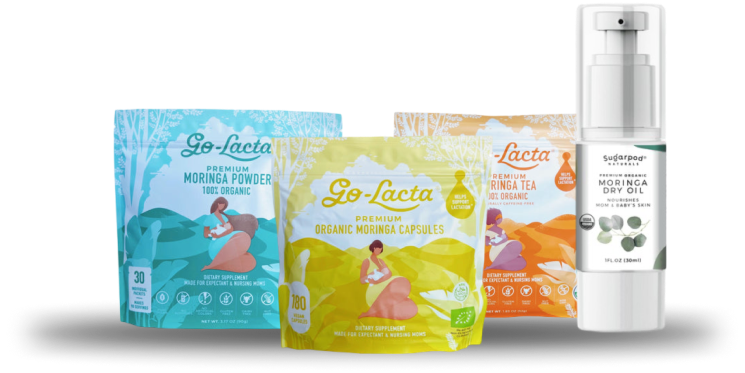
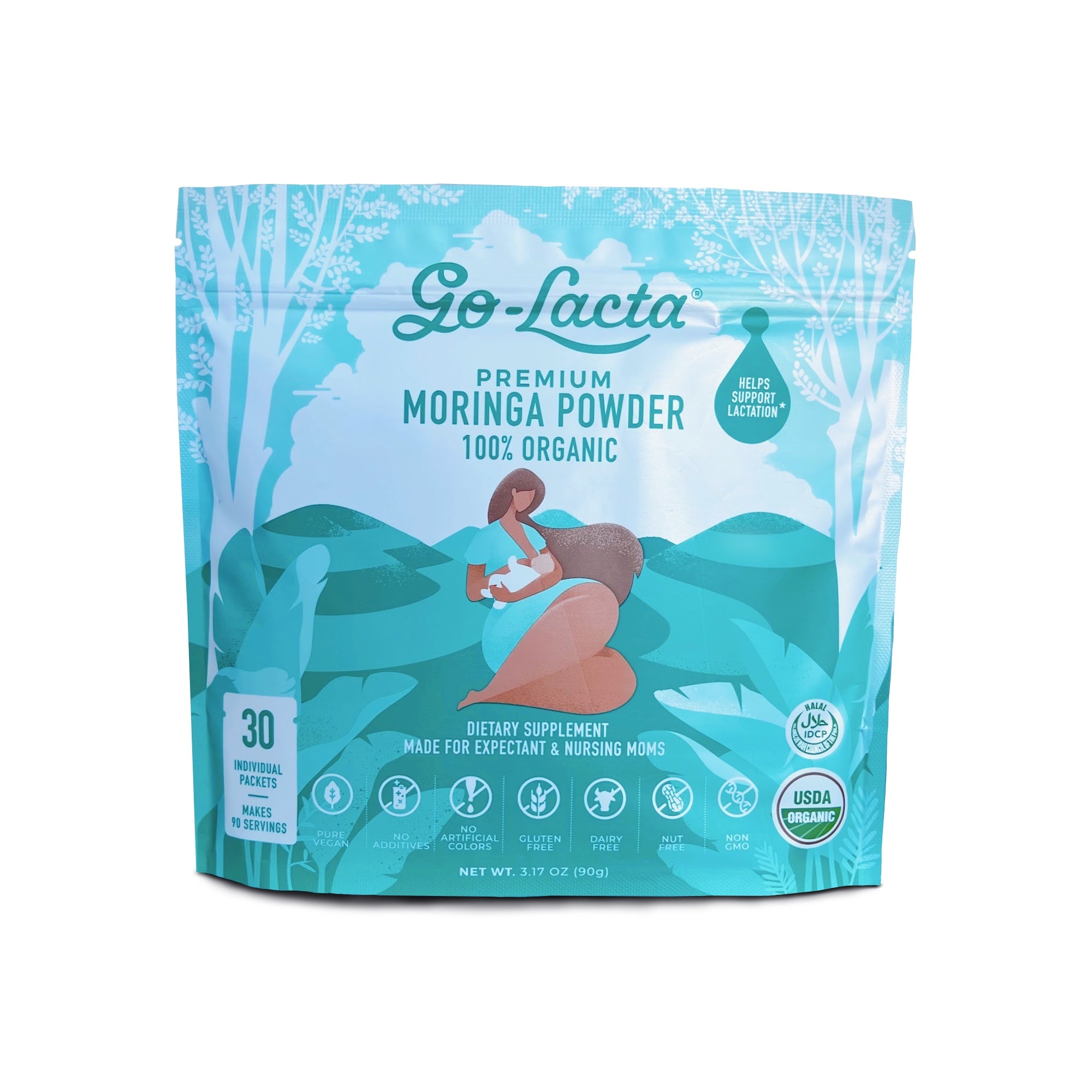
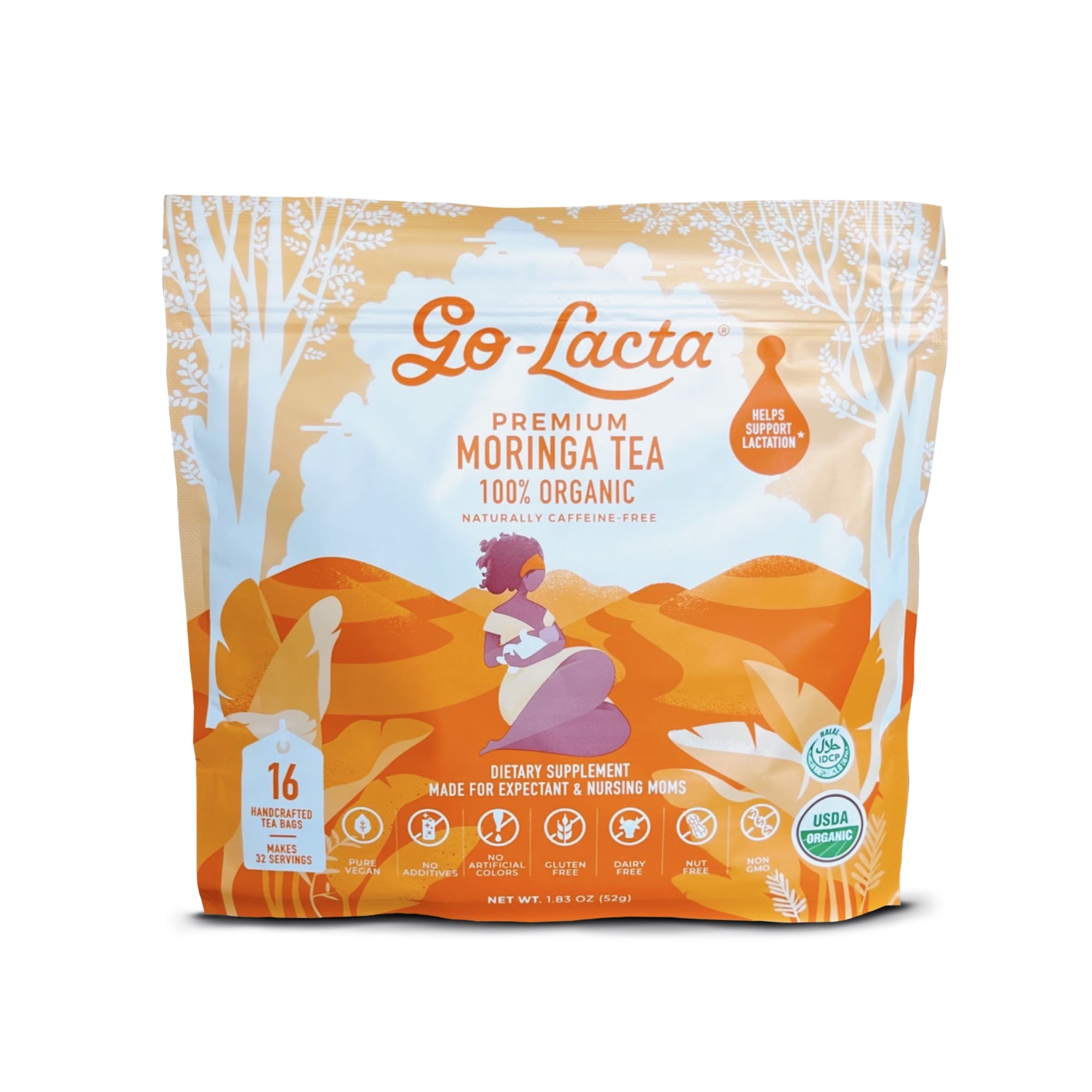
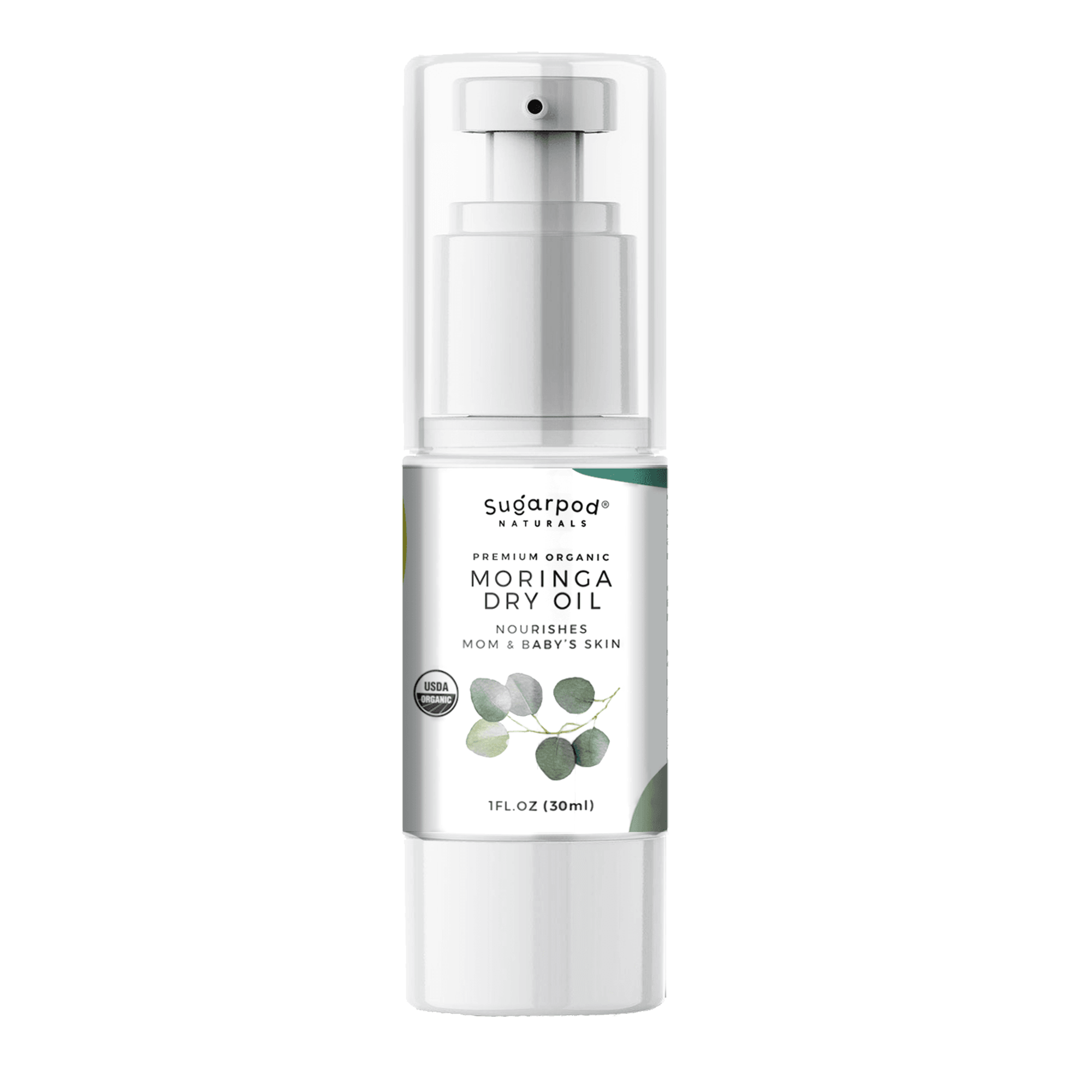

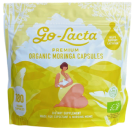
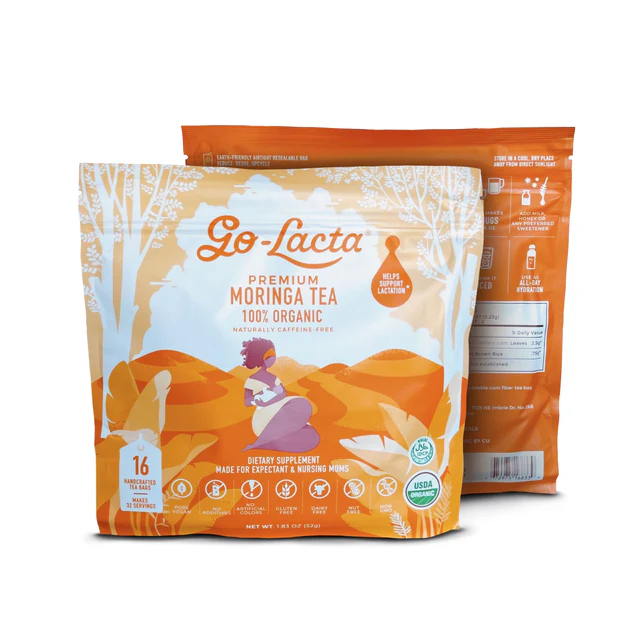
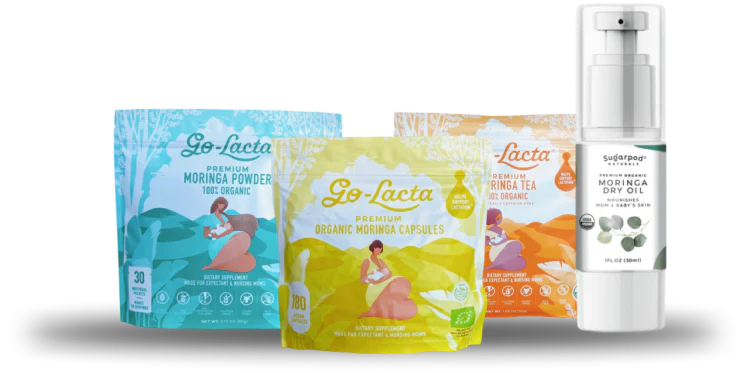
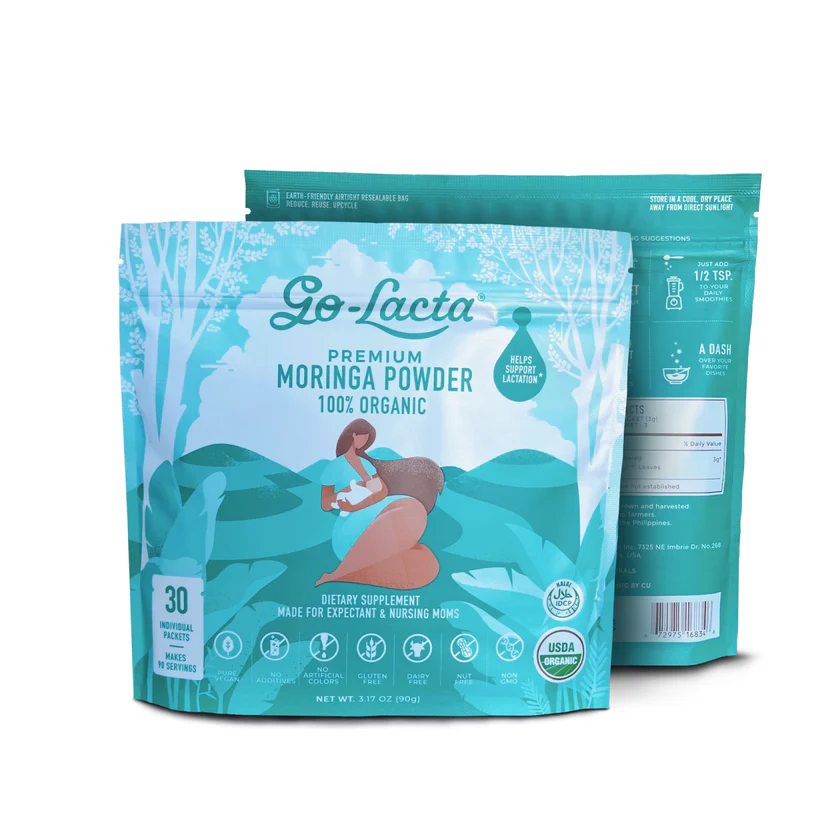
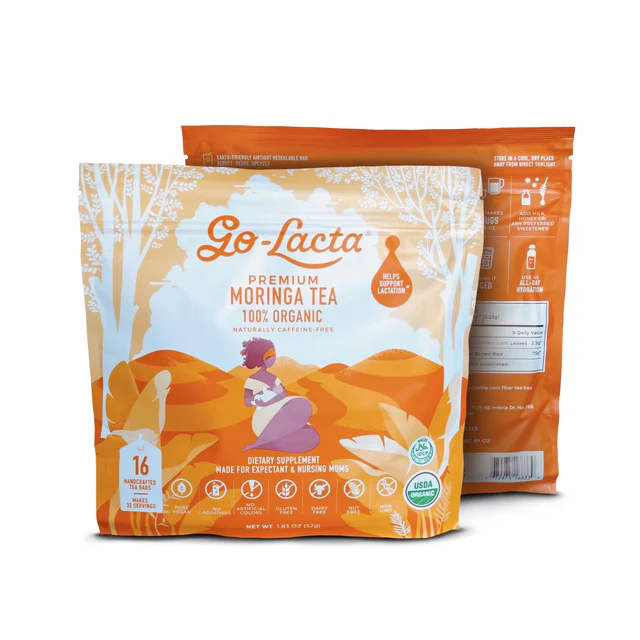

Leave a Comment
Your email address will not be published. Required fields are marked *